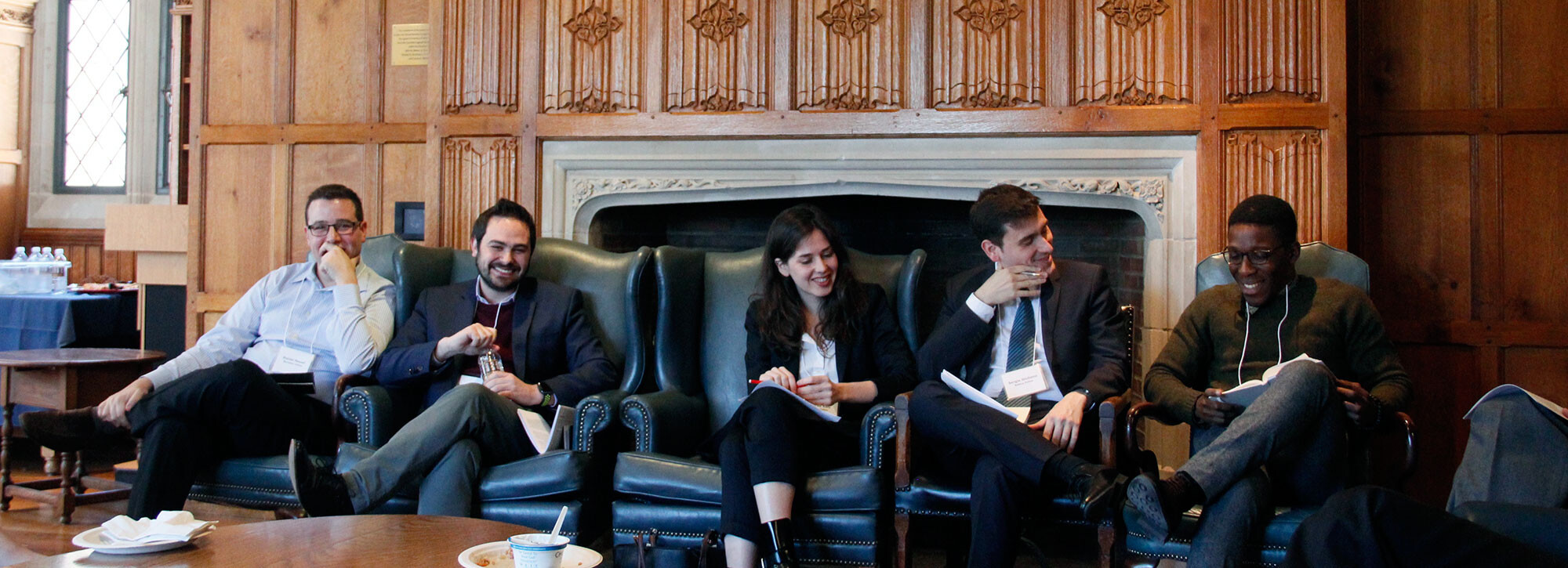The Bernstein Symposium began in 1997 in honor of Robert Bernstein, the founding chair of Human Rights Watch, for his extraordinary contributions to the international human rights movement. The symposium is an integral part of the Robert L. Bernstein Fellowship in International Human Rights, which was established the same year. Each year, current and past fellows are invited back to Yale Law School to engage in human rights discussions and to connect with each other and with symposium participants.
The 2026 Bernstein Symposium will be held on April 10-11.
